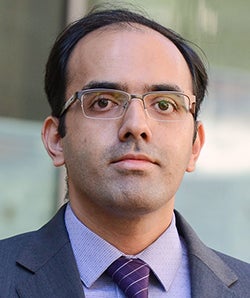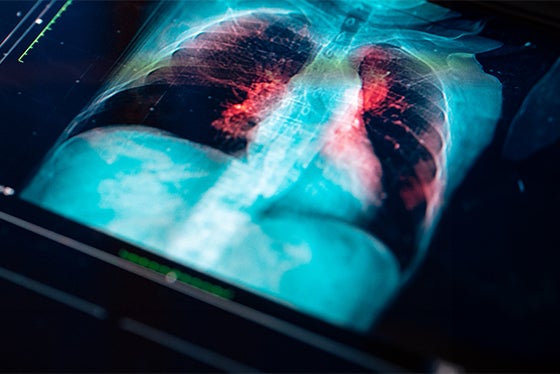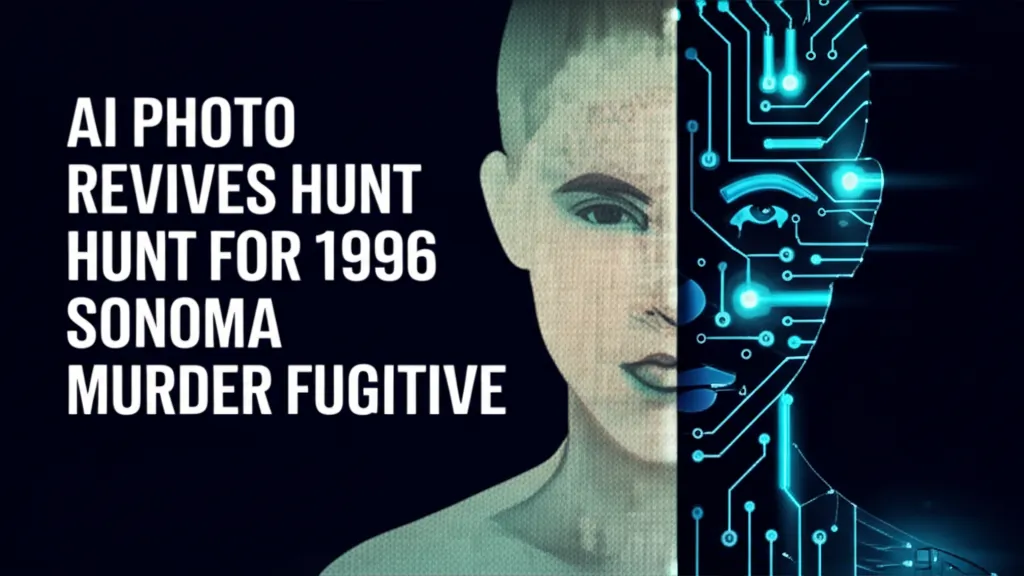Developer Offer
Try ImaginePro API with 50 Free Credits
Build and ship AI-powered visuals with Midjourney, Flux, and more — free credits refresh every month.
Researchers Tackle Major Weakness in AI Imaging Systems
NSF Backs Groundbreaking Research in AI Imaging
The National Science Foundation (NSF) has committed nearly $1 million to a collaborative project between UC Riverside and Washington University in St. Louis. This funding will support computer engineering researchers in their mission to revolutionize artificial intelligence methods for imaging systems used across science, medicine, and engineering.
The four-year initiative is spearheaded by M. Salman Asif, an associate professor at UCR, and Ulugbek Kamilov, an associate professor at WashU. Their project aims to build a new generation of AI imaging tools that are more reliable and robust in real-world scenarios.

The Challenge: Why Current AI Imaging Systems Falter
Modern imaging technologies, from medical MRIs to computational microscopes, increasingly depend on sophisticated algorithms to generate clear, high-quality images from limited or indirect data. However, many current AI models share a critical vulnerability.
“Most AI image reconstruction tools assume the working data will look just like the training data,” explains Asif. “But in practice, imaging conditions change. That mismatch can severely degrade image quality.” This means that an AI trained on a specific set of data can fail or produce poor results when faced with even minor variations in a real-world setting, a significant hurdle for critical applications.
A Novel Solution: The RoSI Framework
To overcome this limitation, the research team is developing an innovative mathematical framework known as Robust Score-based Inversion, or RoSI. This method is built on "score-based" models, a powerful class of deep generative models.
These models work by learning the "score" (or gradient) of the data distribution, which allows them to solve complex inverse problems common in imaging. The RoSI framework will focus on three key objectives:
- Quantifying how shifts in data distribution impact image quality.
- Understanding the direct effect of these shifts on image reconstruction.
- Creating a system for adaptive recalibration, allowing models to adjust to new imaging conditions on the fly.

Real-World Impact: From Faster MRIs to Better Microscopes
The potential applications of this research are vast. The RoSI framework will be rigorously tested on a variety of imaging systems, including lensless cameras, computational microscopes, and crucial medical tools like magnetic resonance imaging (MRI).
In the medical field, enhancing AI for MRIs could lead to faster scan times, reduced patient discomfort, and more accurate diagnoses. "This work could transform AI reliability in imaging,” states Kamilov. “Our goal is to build tools that are mathematically sound and practically robust.”
A Strategic Investment in Trustworthy AI
This project is funded through the NSF’s Communications and Information Foundations (CIF) Program, with separate grants awarded to UCR ($520,000) and WashU ($478,639). This investment is part of a larger national initiative to develop more trustworthy, reliable, and effective machine learning systems for a wide range of applications.
Compare Plans & Pricing
Find the plan that matches your workload and unlock full access to ImaginePro.
| Plan | Price | Highlights |
|---|---|---|
| Standard | $8 / month |
|
| Premium | $20 / month |
|
Need custom terms? Talk to us to tailor credits, rate limits, or deployment options.
View All Pricing Details

